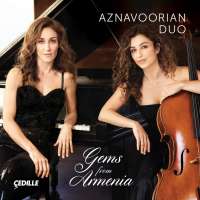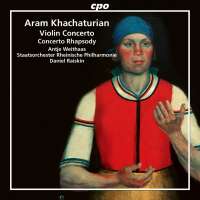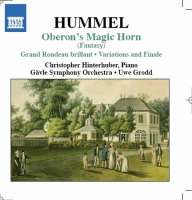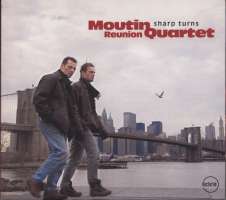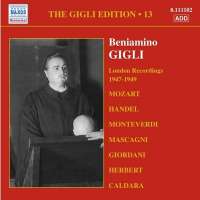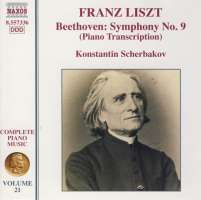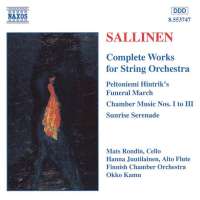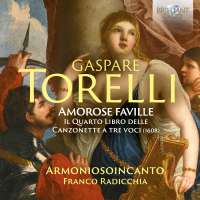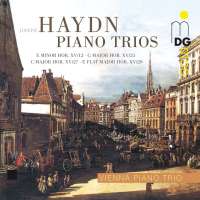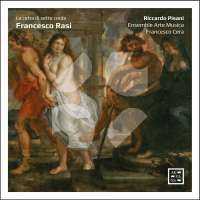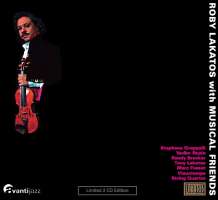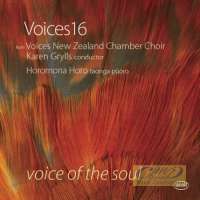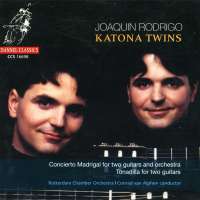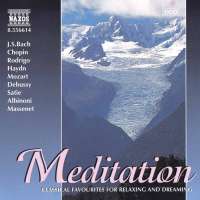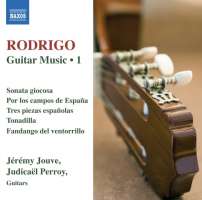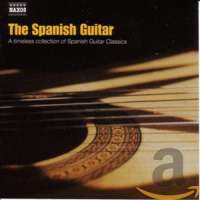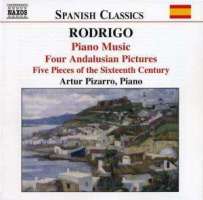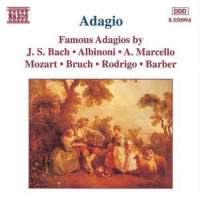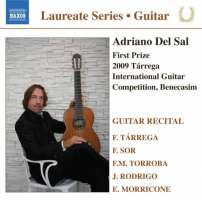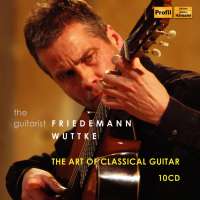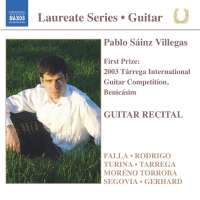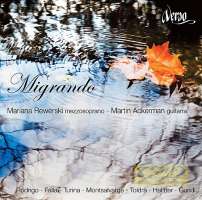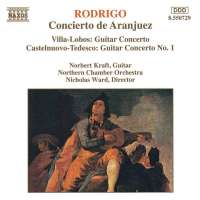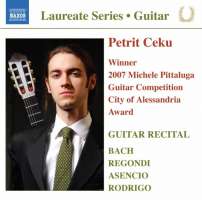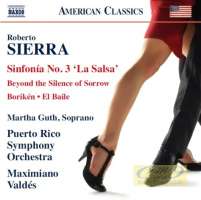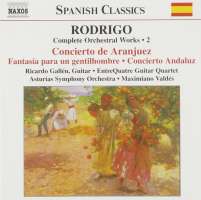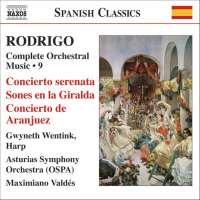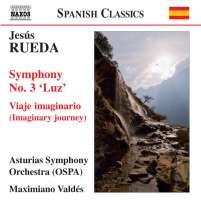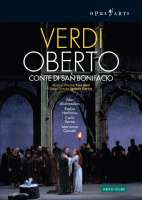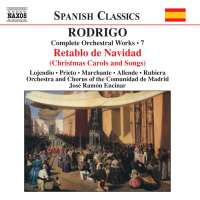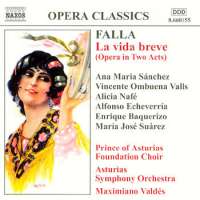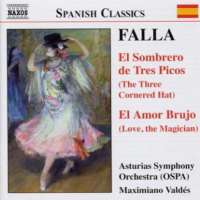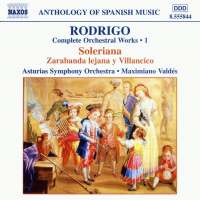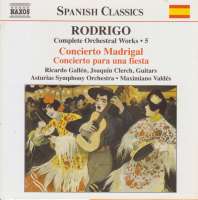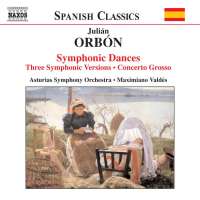
kompozytor
Rodrigo, Joaquín
tytuł
Rodrigo: Songs and Madrigals
wykonawcy
Valdés, Maximiano;
Asturias Symphony Orchestra;
Lojendio, Raquel
Asturias Symphony Orchestra;
Lojendio, Raquel
nr katalogowy
8.555845
opis
Among Joaquin Rodrigo’s considerable output the songs for soprano and orchestra are little known, the earliest coming from those dreadful days when the blind Spanish composer and his wife were having to seek charity from friends and institutions in order that he could continue composing. A Spanish version of Joseph Canteloube’s popular Chants d’Auvergne would be a guide to the content, a folksy element in the vocal line dressed in the most attractive orchestral garb.
Once established in the 1940’s Rodrigo changed his style little over the following years, as is well shown by comparing Cantos de amor y de guerra from 1968 with the short song, Cantico de la esposa, composed thirty-four years earlier. Often the words are of love, but mischievously he shows the similarity of love and war in Cantos de amor y de guerra, while the sadness of old age seems to enters into the group, Rosaliana, completed when Rodrigo was sixty-four. Technically they are not demanding works though they do need a soloist who can ascend on high without strain, the silvery quality of the young Raquel Lojendio ideally suited to the music. In the Asturias Symphony we have an orchestra rapidly establishing itself among the finest in Europe, the delicate quality of the music fashioned by Maximiano Valdes with the utmost refinement.
The soloist is placed well forward without masking orchestral detail. Uncomplicated and delightful listening. • David Denton; David's Review Corner, November 2007
Once established in the 1940’s Rodrigo changed his style little over the following years, as is well shown by comparing Cantos de amor y de guerra from 1968 with the short song, Cantico de la esposa, composed thirty-four years earlier. Often the words are of love, but mischievously he shows the similarity of love and war in Cantos de amor y de guerra, while the sadness of old age seems to enters into the group, Rosaliana, completed when Rodrigo was sixty-four. Technically they are not demanding works though they do need a soloist who can ascend on high without strain, the silvery quality of the young Raquel Lojendio ideally suited to the music. In the Asturias Symphony we have an orchestra rapidly establishing itself among the finest in Europe, the delicate quality of the music fashioned by Maximiano Valdes with the utmost refinement.
The soloist is placed well forward without masking orchestral detail. Uncomplicated and delightful listening. • David Denton; David's Review Corner, November 2007
nośnik
CD
gatunek
Muzyka klasyczna
producent
Naxos
data wydania
05-11-2007
EAN / kod kreskowy
747313584529

(Produkt nie został jeszcze oceniony)
cena 58,00 zł
lubProdukt dostepny w niewielkiej ilości.
Wysyłka w ciągu 3 dni roboczych
Darmowa wysyłka dla zamówień powyżej 300 zł!
Darmowy kurier dla zamówień powyżej 500 zł!
sprawdź koszty wysyłki
